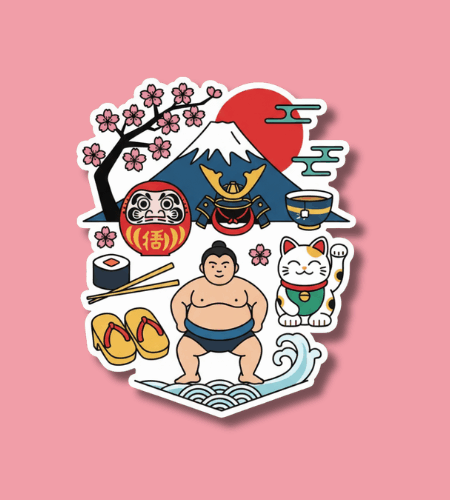The Japanese Culture Day, celebrated every year on 3 November, honors Japan’s rich artistic heritage, academic achievements, and ongoing commitment to peace, freedom, and culture. Known in Japan as Bunka no Hi, it is one of the country’s national holidays and a favorite among students, artists, and families.
Table of Contents
History of Japanese Culture Day
Japanese Culture Day traces its origins to 1868, when 3 November was the birthday of Emperor Meiji. After World War II, in 1948, the date was officially designated as Bunka no Hi—Culture Day—to celebrate Japan’s constitution and its promotion of peace and cultural development.
Since then, the day has been dedicated to recognizing artistic expression, scientific progress, and education. Many museums, galleries, and cultural institutions hold free events or exhibitions, while schools and communities organize art shows, parades, and award ceremonies honoring contributions to Japanese culture.
Why is Japanese Culture Day important?
Japanese Culture Day is important because it celebrates the nation’s creative spirit and its respect for harmony, tradition, and innovation. It reflects the belief that culture and knowledge strengthen society and connect generations through shared values.
The day also helps preserve and promote Japan’s diverse cultural practices—from calligraphy and tea ceremony to manga, design, and technology. It encourages people to appreciate the arts and recognize the link between creativity and peace.
- It honors Japan’s history of artistic and academic excellence.
- It promotes peace, freedom, and cultural understanding.
- It connects traditional and modern aspects of Japanese life.
- It inspires people to express themselves creatively.
- It strengthens appreciation for cultural exchange around the world.
How to Celebrate Japanese Culture Day
To celebrate Japanese Culture Day, people in Japan and abroad can explore various aspects of Japanese art, cuisine, and tradition. Visiting museums, watching performances, or learning about Japanese crafts are popular ways to observe the day.
You can also try Japanese calligraphy, enjoy traditional tea, cook Japanese dishes, or read works by Japanese authors. Sharing these experiences with friends or family helps build appreciation for Japan’s contributions to global culture.
- Visit a Japanese art exhibit or cultural festival.
- Try traditional Japanese foods like sushi or mochi.
- Learn a few words or phrases in Japanese.
- Watch a Japanese film or listen to traditional music.
- Practice a cultural art such as origami, ikebana, or calligraphy.
Japanese Culture Day Dates Table
| Year | Date | Day |
|---|---|---|
| 2026 | November 3 | Tuesday |
| 2027 | November 3 | Wednesday |
| 2028 | November 3 | Friday |
| 2029 | November 3 | Saturday |
| 2030 | November 3 | Sunday |
Subscribe to our newsletter and never miss a holiday again!

